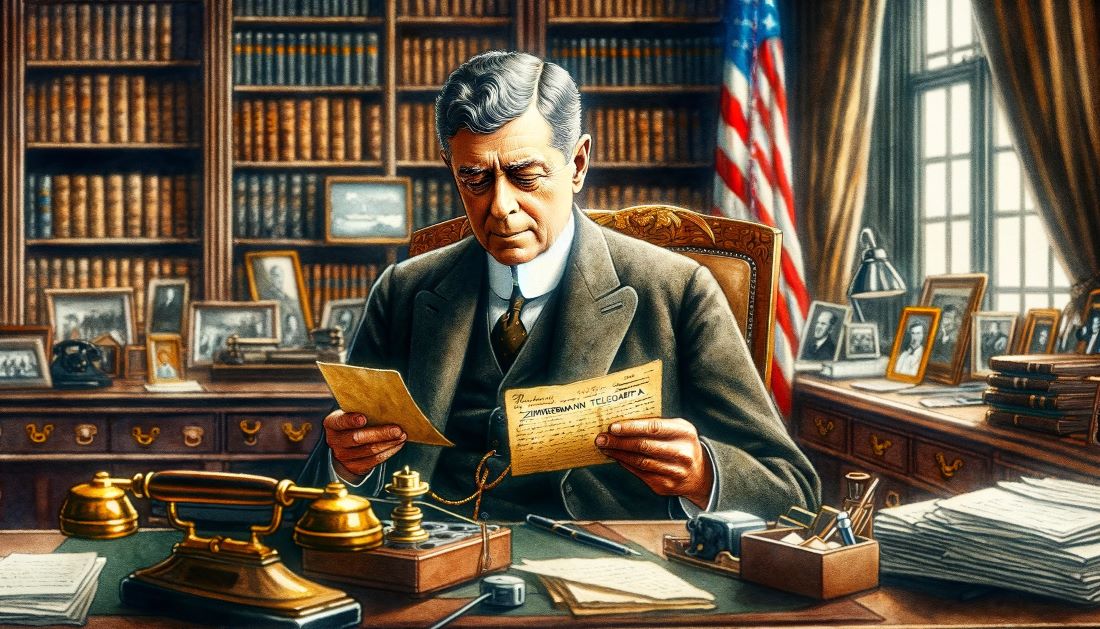Why the United States Entered the Great War, also known as the First World War, is a question that resonates throughout history. At the time, many believed this devastating conflict would be ‘the war to end all wars,’ a cataclysmic event that could resolve international disputes permanently. The United States, initially adopting a stance of neutrality, eventually entered the fray in April 1917. There were primarily two major reasons behind this pivotal decision, which this blog post will explore in two separate chapters. We will delve into the complex interplay of political, economic, and social factors that drew the United States into the global conflict that reshaped the 20th century.
The Lure of Unrestricted Submarine Warfare
The German reinstatement of unrestricted submarine warfare in January 1917 marked a critical turn in the Great War. This aggressive tactic, designed to isolate and cripple Britain by sinking any ship within a designated zone, led to escalating maritime conflicts. Initially halted by President Woodrow Wilson’s ultimatum in 1916, Germany resumed the practice with the belief that they could starve Britain into submission and obstruct Allied resources within six months, an underestimation that underestimated the United States’ capacity to respond.
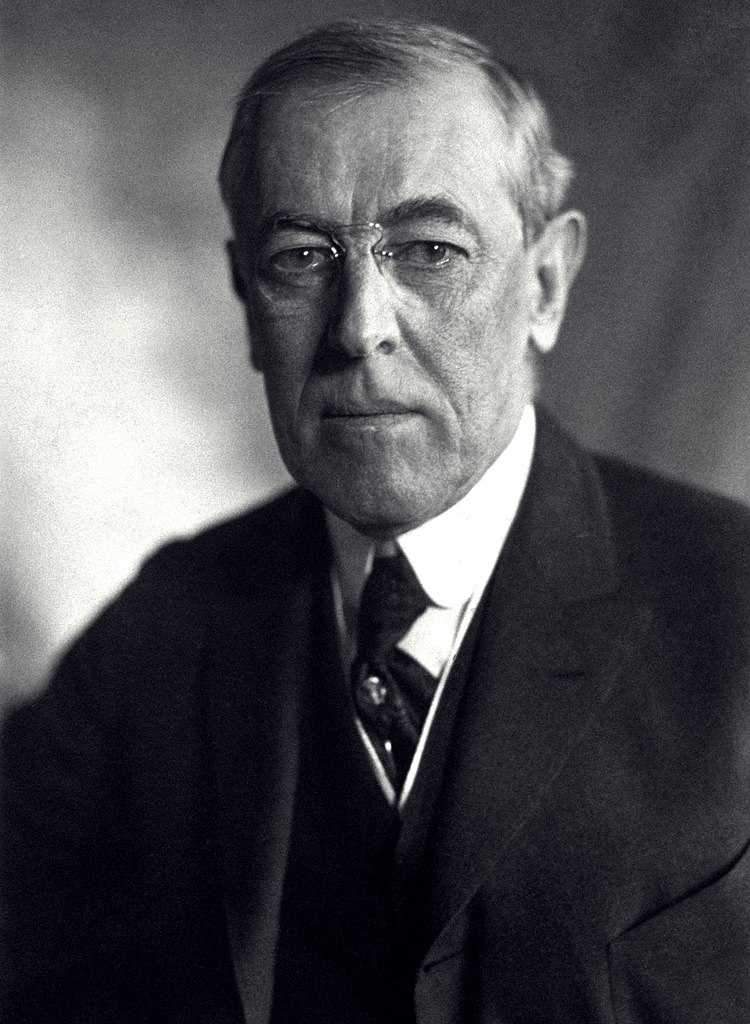
Among the numerous vessels targeted in this renewed campaign was the most infamous sinking of the RMS Lusitania in May 1915, which, although before the official declaration in 1917, significantly influenced American sentiment towards the war. This British ocean liner was sunk by a German U-boat, resulting in the loss of 1,198 lives, including 128 Americans. The incident caused international outrage and dramatically shifted public opinion in the United States, pushing the nation closer to intervention. As more ships fell victim to German torpedoes, including American vessels, the call for the U.S. to enter the war intensified. President Wilson, who had previously championed neutrality, was compelled to act. However, another significant event preceded the declaration of war on Germany and the Central Powers.
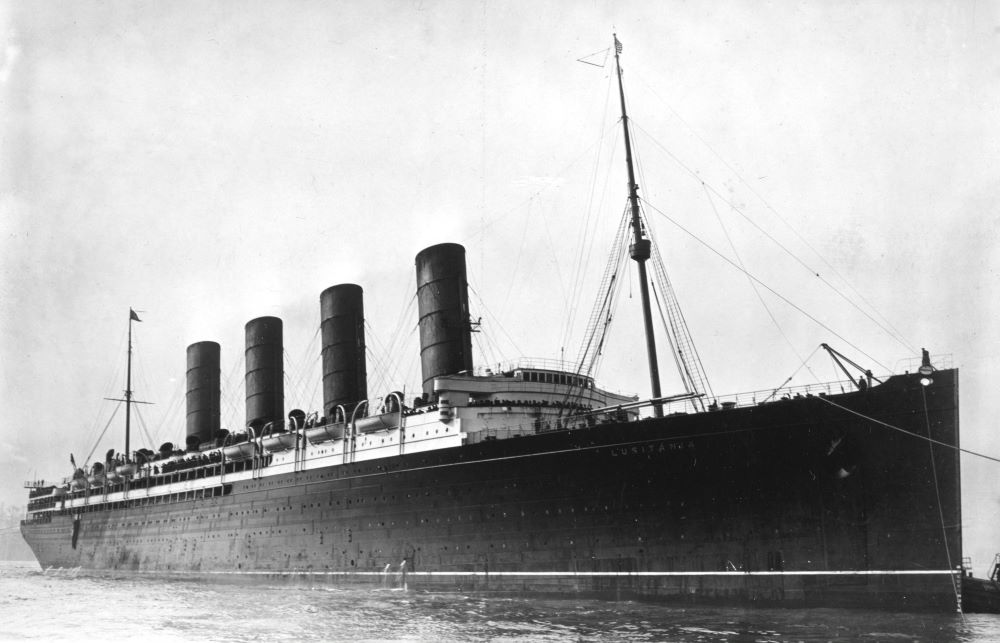
The Zimmermann Telegram: A Catalyst for War
The second pivotal factor propelling the United States into the Great War was the Zimmermann Telegram, a secret diplomatic communication that British intelligence intercepted and deciphered in January 1917. This telegram, sent by German Foreign Minister Arthur Zimmermann to the German Ambassador in Mexico, proposed a military alliance between Germany and Mexico in the event of the United States entering the war against Germany. In return, Mexico was promised the territories of Texas, New Mexico, and Arizona upon victory. The revelation of this audacious proposal shocked the American public and political establishment, significantly swaying opinion towards intervention.
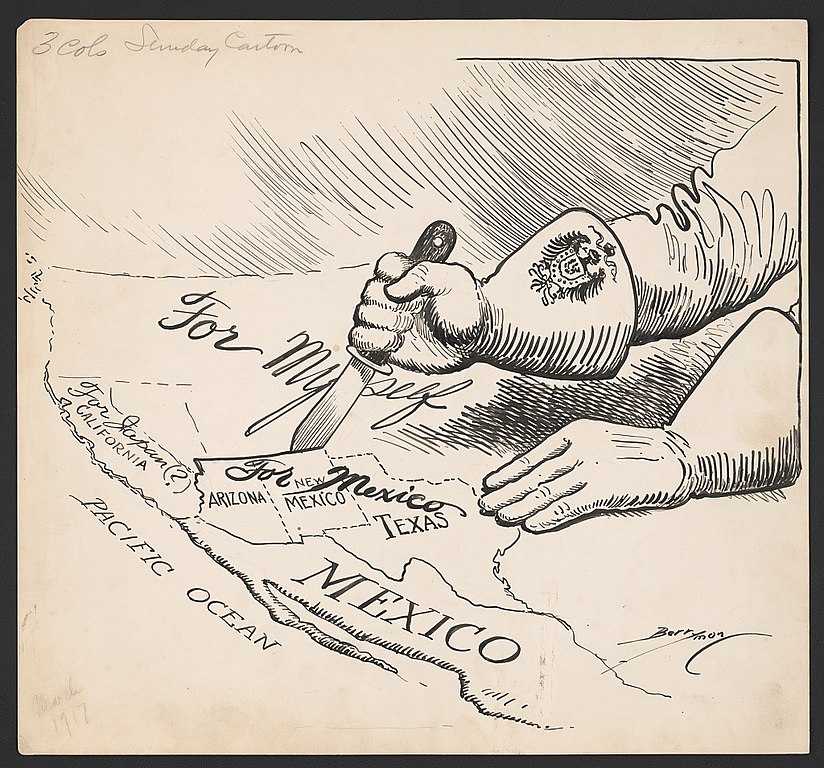
President Woodrow Wilson, who had been re-elected on a platform of neutrality and peace, found his position untenable in the face of such a direct threat to national security. The Zimmermann Telegram not only represented a blatant act of German aggression and disregard for American sovereignty but also preyed on American fears of foreign invasion and influence. The public outcry was immediate and overwhelming, with calls for action resonating across the country. The press played a crucial role in fueling public indignation, and the sentiment of betrayal and the threat of a hostile alliance on the nation’s borders galvanized previously isolationist segments of the population.
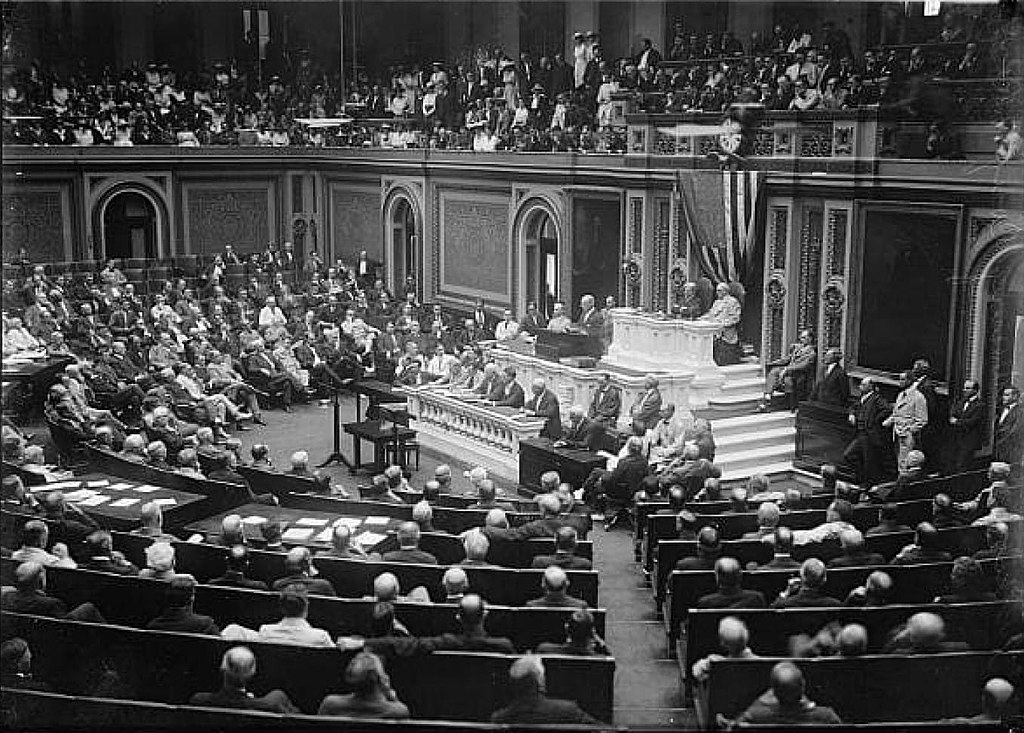
This incident, coupled with the ongoing unrestricted submarine warfare, solidified the case for war in the minds of the American people and their representatives. By April 1917, just months after the telegram’s exposure, President Wilson requested a declaration of war from Congress, marking a definitive end to American neutrality. The Zimmermann Telegram had not only failed in its objective to secure a Mexican alliance but had also inadvertently provided the final impetus for the United States to join the Allies against the Central Powers, fundamentally altering the course of the war and the 20th century.
Historical Challenge: Can You Conquer the Past?
Answer more than 18 questions correctly, and you will win a copy of History Chronicles Magazine Vol 1! Take our interactive history quiz now and put your knowledge to the test!

